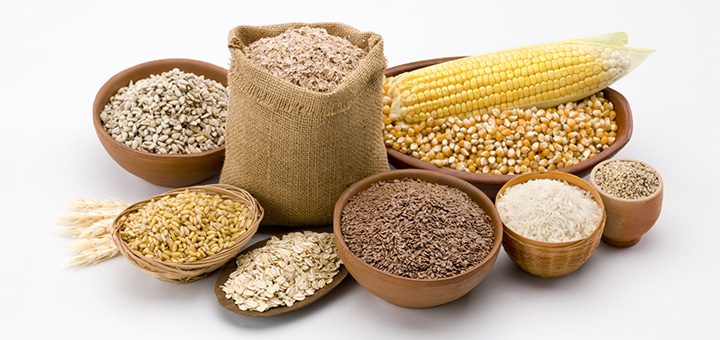
A commodity is a product having commercial value that can be produced, bought, sold, and consumed. Commodity future is a contract to buy or sell specific commodity, of a specific quality, at a specific price, for a specific future date on the exchange
Commodity trading brings a basket full of diverse avenues for investment, away from the traditional avenues of equity, bonds and real estate. Based on the historical data, adding commodities exposure to your existing portfolio helps you increase the returns while lowering the risk. Commodities have very little or negative correlation with other asset classes.
Commodities, whether they are related to food, energy or metals, are an important part of everyday life. Anyone who drives a car can become significantly impacted by rising crude oil prices. The impact of a drought on the soybean supply may influence the composition of your next meal. Similarly, commodities can be an important way to diversify a portfolio beyond traditional securities – either for the long term, or as a place to park cash during unusually volatile or bearish stock markets, as commodities traditionally move in opposition to stocks
It used to be that the average investor did not allocate to commodities because doing so required significant amounts of time, money and expertise. Today, there are several routes to the commodity markets, some of which facilitate participation for those who are not even professional traders.
Today, tradable commodities fall into the following four categories.